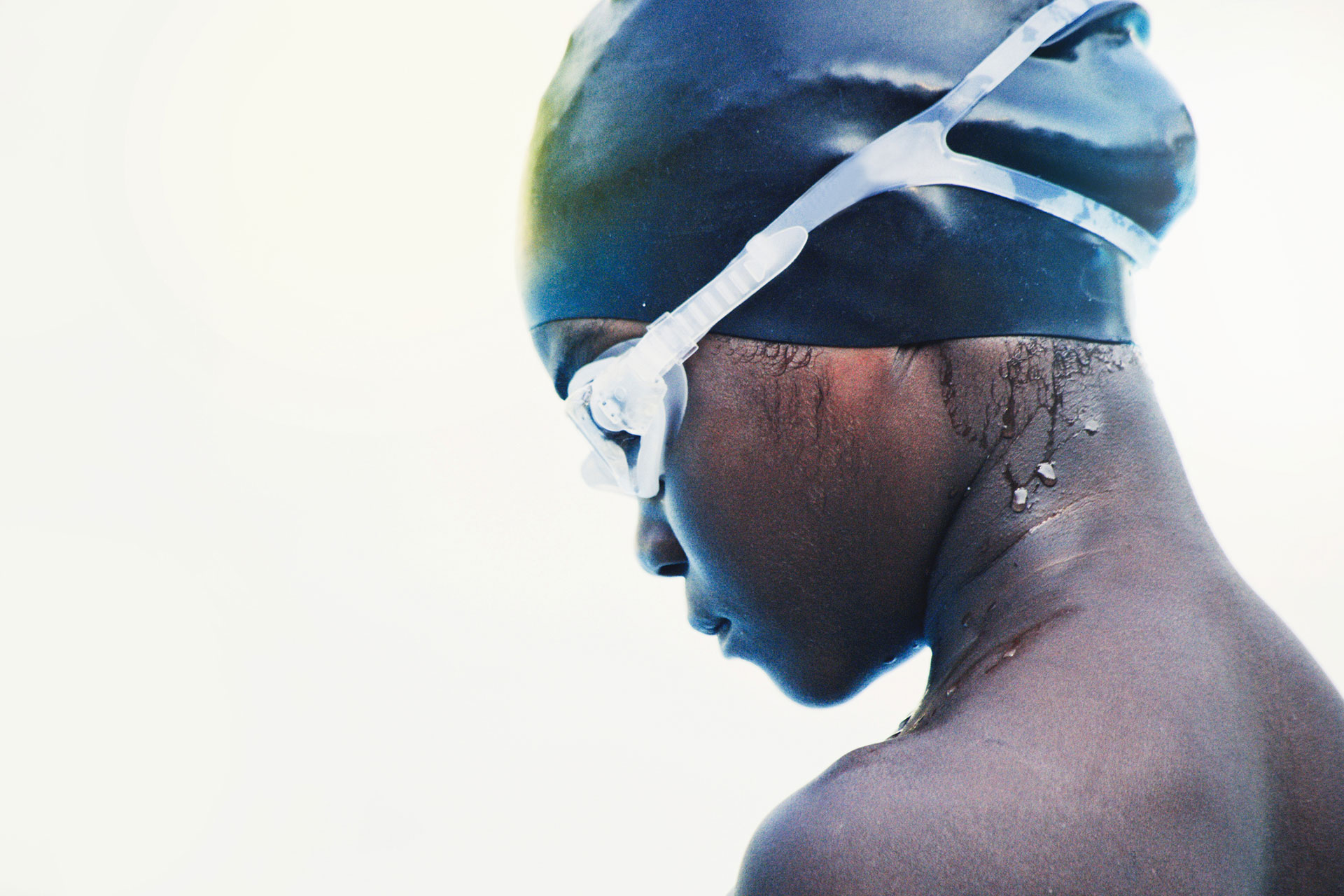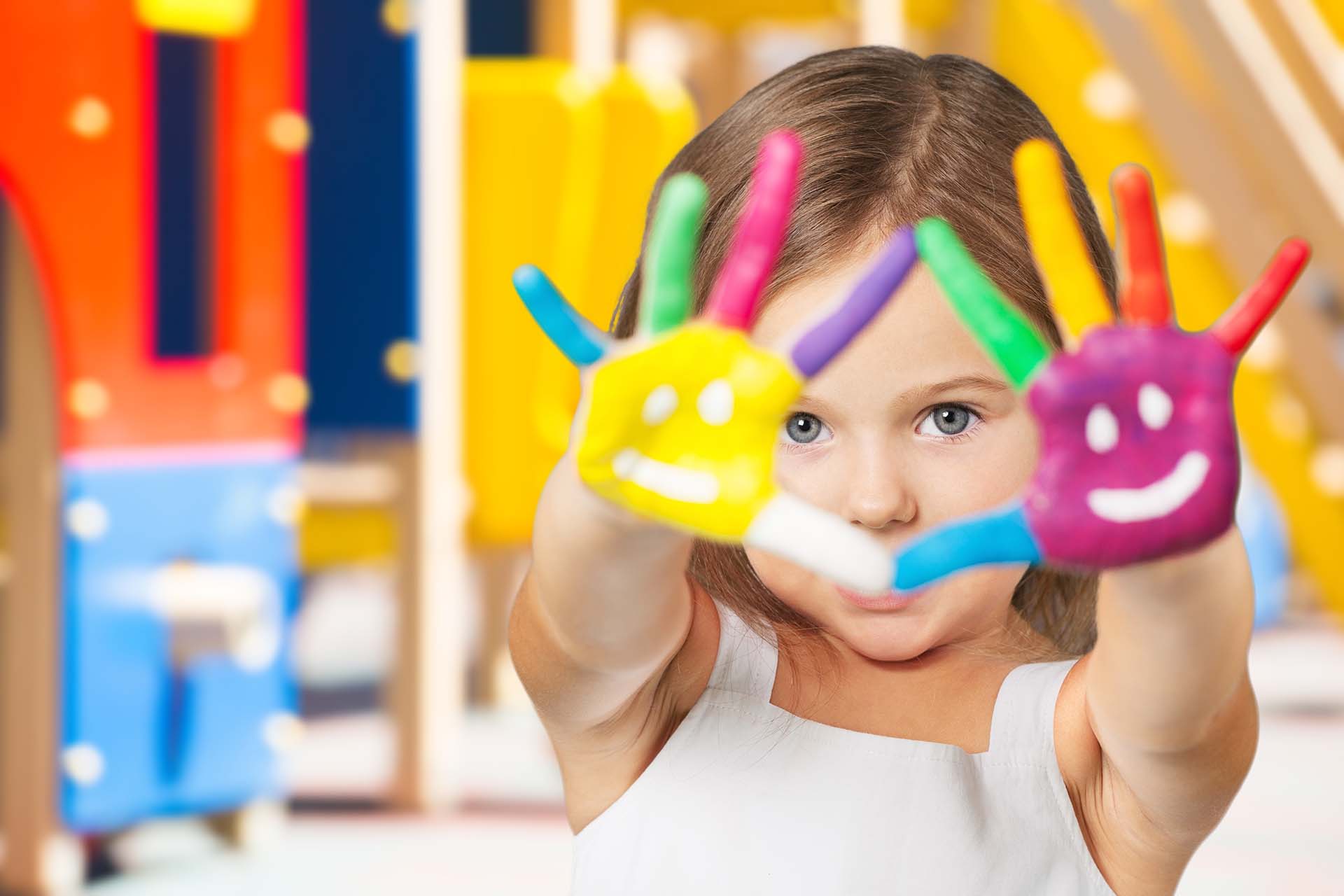
Binging: Are You Doing It?
June 22, 2021
Snake Bites: Should You Be Concerned?
July 7, 2021by Susannah Wollman
Come on in! The water’s fine!
If you live around pools, lakes, or the ocean, teaching your kids to swim may save their lives. But it’s not only an important skill, it’s downright fun! And what better time to learn to swim than in the summertime? When the days get hot, kids need a way to cool off. Swimming lessons are a great way to turn summer vacation (or stay-cation, as the case may be) into the best one they’ve ever had.
The very first rule for swimming lessons is to remember: lessons do not keep your child from drowning! Always have a parent within arm’s reach of a child in the water.
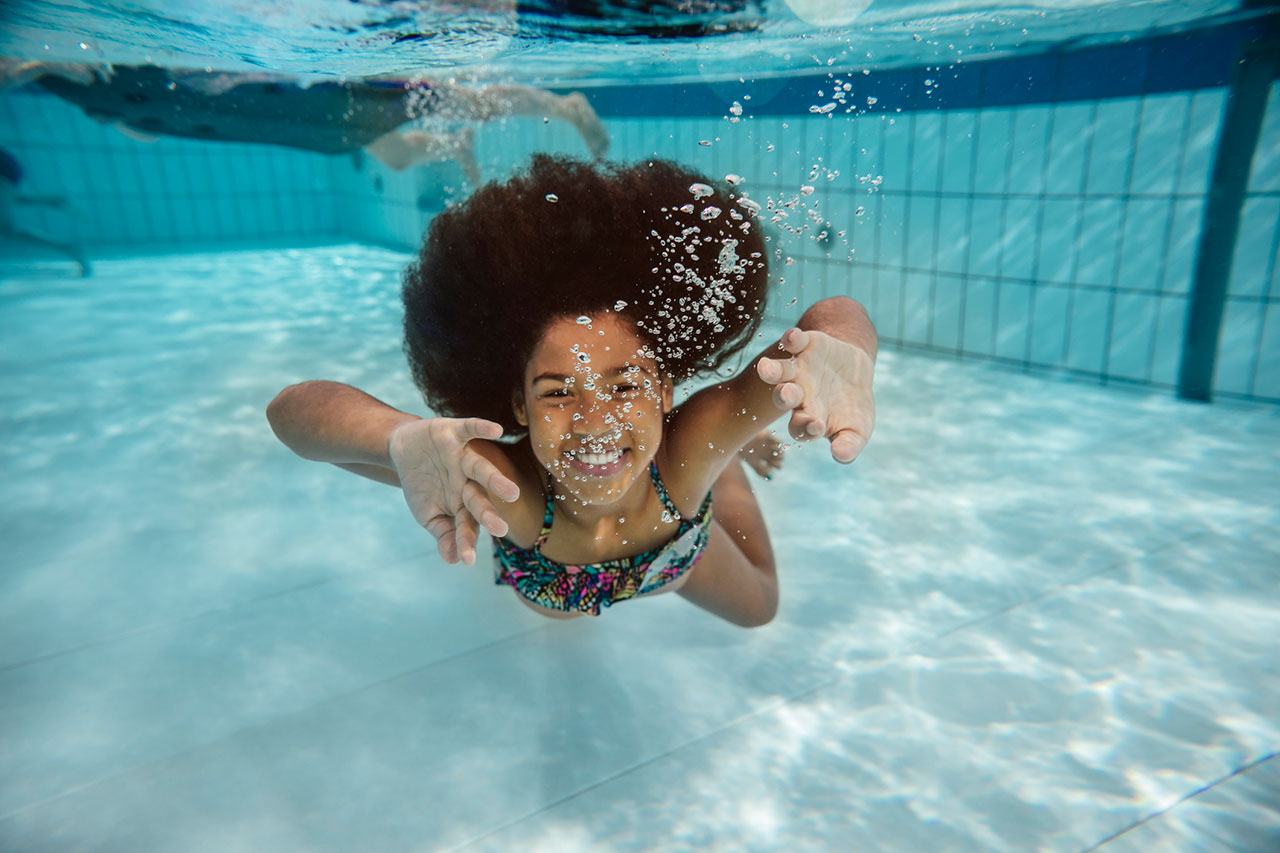
When is it best for children to begin swimming lessons?
According to the AAP (American Academy of Pediatrics, most children are ready to begin actual swimming lessons at four years of age. If they are younger, kids won’t have the muscular coordination to master swimming strokes.[1]
What children under the age of four can master, however, is survival swimming. This is where the child is taught how to come back up to the surface and float if they fall into the water. The child also learns how to kick their way to the side of the pool and pull themselves out.
The child can continue to build upon these important survival skills until they get old enough to start learning more traditional styles of swimming that require more mature muscular coordination.
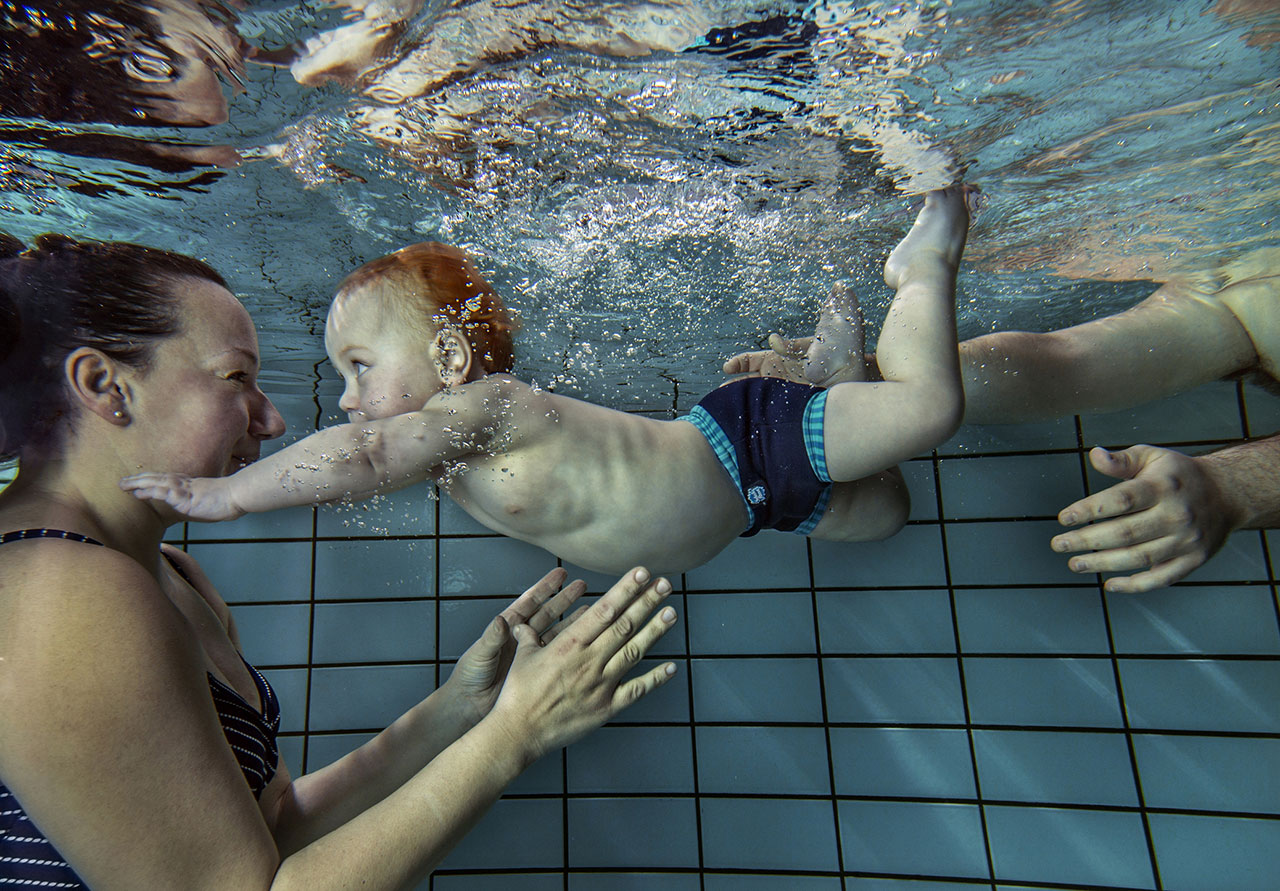
I’ve heard that young babies can swim “naturally.” Is that true?
Actually, no. As per the AAP, “… parents should not feel secure that their child is safe in water or safe from drowning after participating in such [aquatic] programs. Young children should receive constant, close supervision by an adult while in and around water.”
However, water play classes that involve infants and toddlers from 1-4 years old can be beneficial. These types of classes emphasize water adjustment, safety, and swimming readiness skills. According to HealthyChildren.org (a publication of AAP), “Recent studies suggest that water survival skills training and swim lessons can help reduce drowning risk for children between ages 1-4. Classes that include both parents and their children also are a good way to introduce good water safety habits and start building swim readiness skills. If your child seems ready, it’s a good idea to start lessons now.”[2]
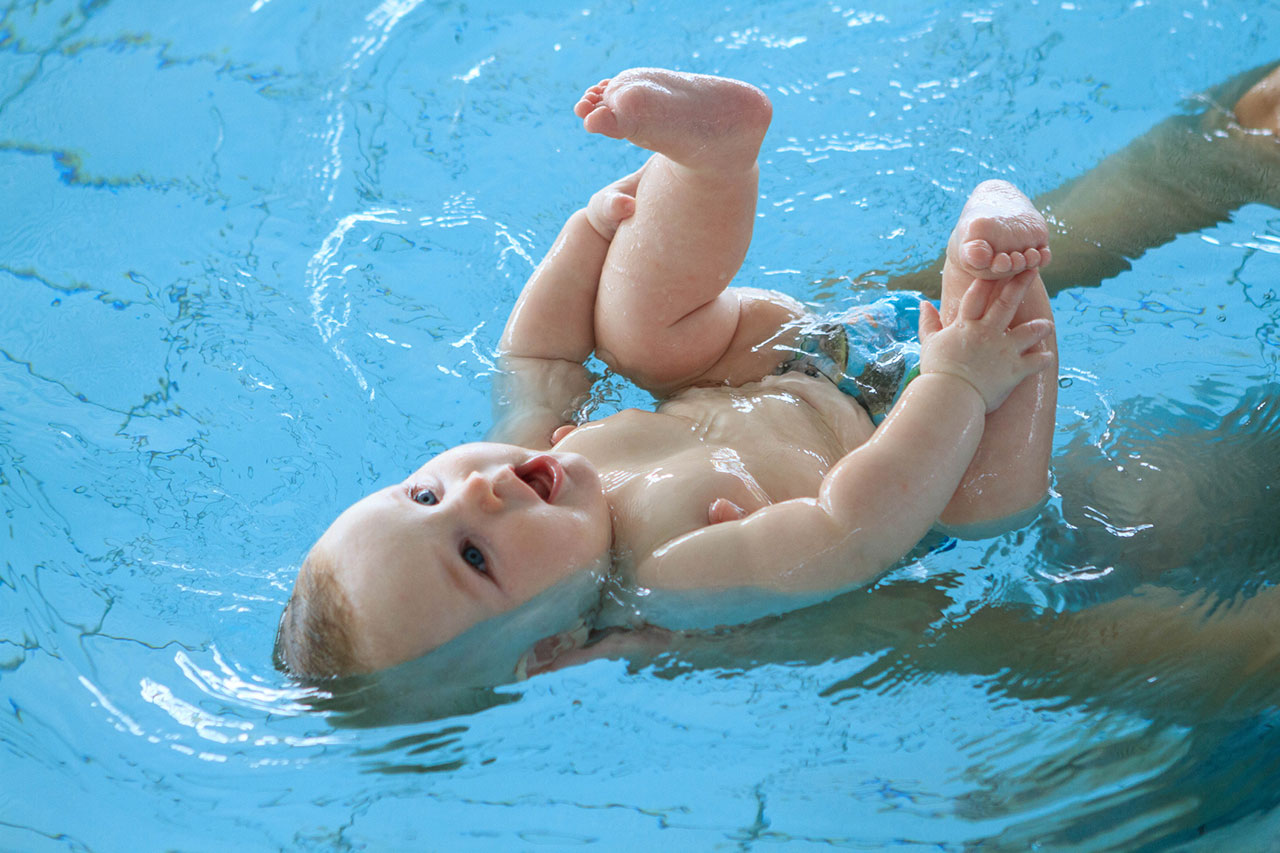
How do I start swimming readiness with my infant/toddler?
There are many local swimming schools that can get your child started, we’ve included a list of them at the end of this article. Basically, here are the most important parameters to look for in an aquatic class for your baby or toddler.
- Every instructor working with children of any age in the water should have their first aid/resuscitation certification. If they don’t, choose another program.
- Some programs offer the option for a parent to be in the water with their child during the lesson; however, if the child is learning survival swim, pick a facility where the coach works soley with the child as they have the skills and training to teach them safely and efficiently.
- Children that have never swam before or are starting survival swim lessons should be coached 1:1 with their own private instructor until they are ready to join a small group class.
Other things to look for are:
- Are swim instructors experienced with working with small children?
- Do they understand what is appropriate at each age according to development?
- Is the pool facility clean and the water the right temperature? (Hypothermia is a greater risk at this age. Ideally, swim and water safety classes for children age 3 and younger should be in water heated to 87 to 94 degrees Fahrenheit.)
- Are the kids in the class having fun?
- Does the instructor allow the children to play with toys in the pool?
- Is the instructor enthusiastic and encouraging (and not annoyed when little kids act like little kids)?
If your infant or toddler doesn’t enjoy the class, consult their swim coach. It may be necessary to take a break for a few weeks (or even months) and then try again.
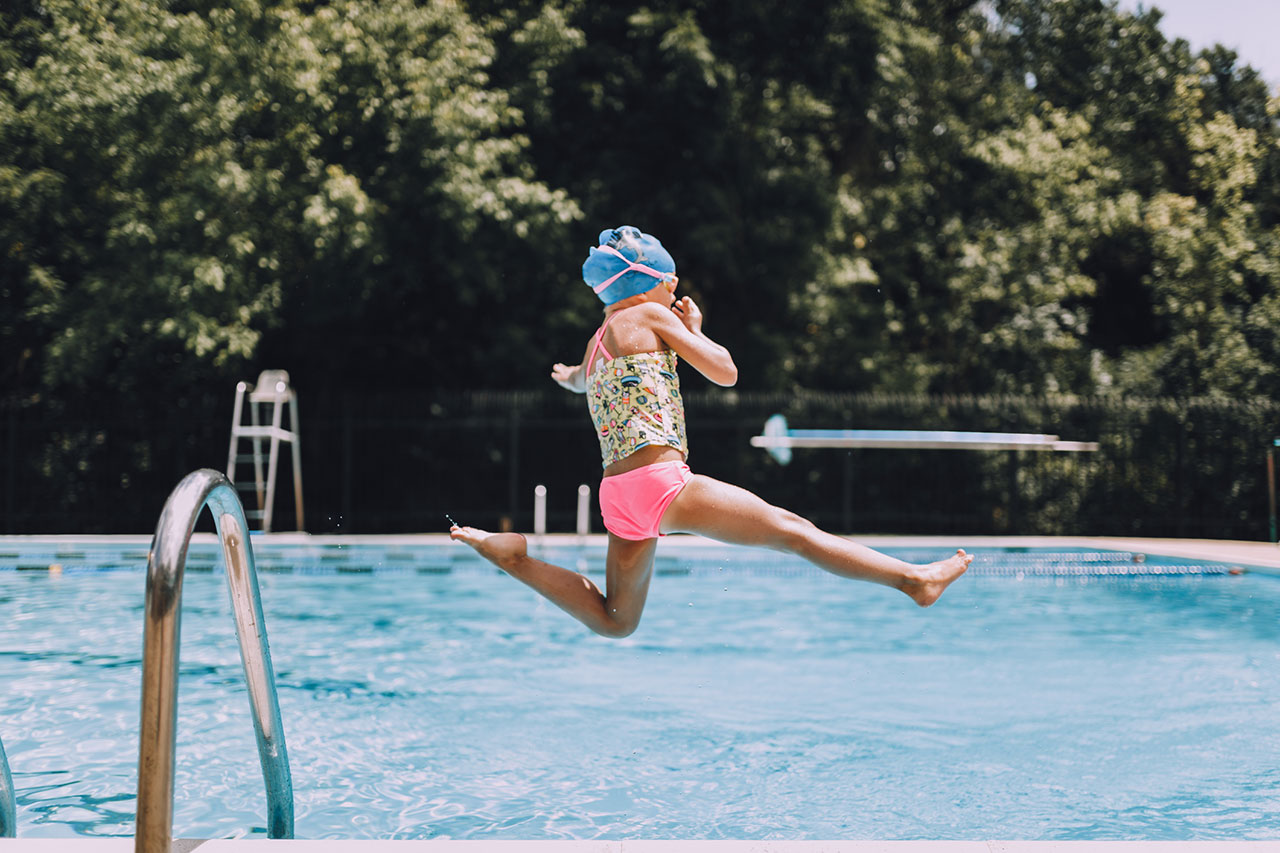
My child is four years old. How do I know she is ready?
If your child is developing at what is generally called “normal,” she is ready to learn to more traditional swimming skills. For a list of guidelines on age-appropriate skills, check out WebMDs Milestone Guidelines. If she is afraid of water, you can blame developmental immaturity in most cases. Here’s why it’s so common for children to develop a fear of water.
- She is suddenly aware of the vastness and mysteriousness of large areas of water (like swimming pools)
- She realizes that water is potentially dangerous
- She has trouble rationalizing fears or putting them into perspective
- She doesn’t have enough life experience to know that bodies of water aren’t actually foreboding and scary.
If your child has not previously had a negative experience in the water, it’s probably simple developmental immaturity. Give her a little time and try again.
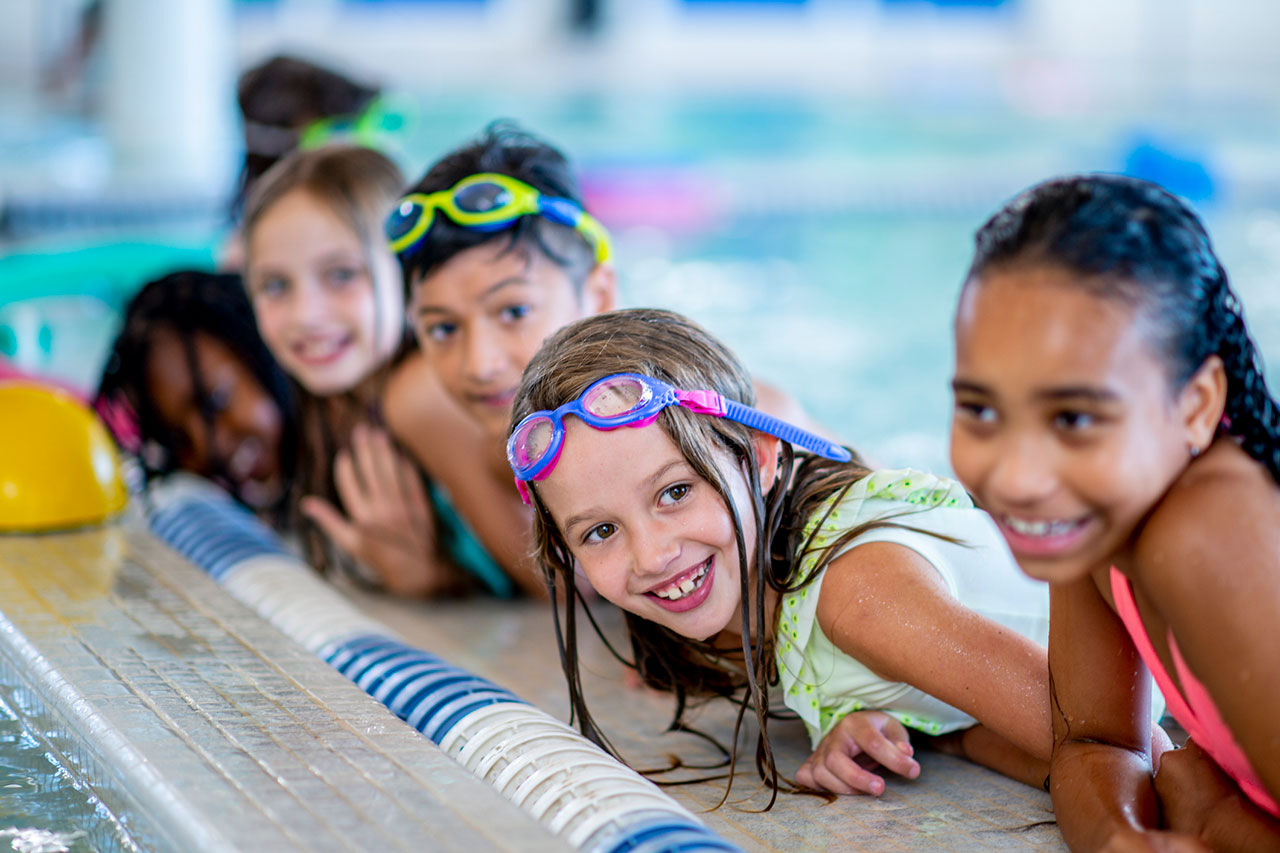
Where can I find swimming lessons for my child?
Magnolia & The Woodlands Area
For all ages:
- Swim Lab Swim School
- Woodlands Township
- Fins
- Magnolia ISD Swim Lessons Program
- Magnolia Aquatic Club
- Fleet First Swim School
For babies and toddlers
- The Pod- Woodlands Infant Aquatics
- Aqua Tots Swim School
- Elmer Swim School
- Start Swimming
- Swimming Stages
Cypress / Tomball Area
For all ages:
For babies and toddlers
6 Drowning Prevention Tips
Fast Track Swimming shared these important tips with us regarding drowning prevention. Take a couple of minutes to watch and share if you are able. It could save the life of someone you love.
FOOTNOTES:

